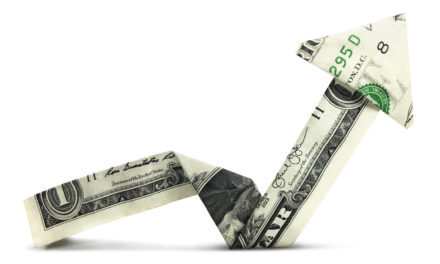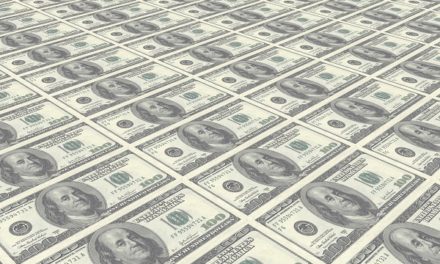
“Someone’s sitting in the shade today because someone planted a tree a long time ago.”
— Warren Buffett
The Warren Buffett investment philosophy calls for a long-term investment horizon, where a two-decade holding period, or even longer, would fit right into the strategy. How would such a strategy have worked out for an investment into Comerica, Inc. (NYSE: CMA)? Today, we examine the outcome of a two-decade investment into the stock back in 2003.
| Start date: | 06/09/2003 |
|
|||
| End date: | 06/08/2023 | ||||
| Start price/share: | $49.93 | ||||
| End price/share: | $43.45 | ||||
| Starting shares: | 200.28 | ||||
| Ending shares: | 370.62 | ||||
| Dividends reinvested/share: | $32.08 | ||||
| Total return: | 61.04% | ||||
| Average annual return: | 2.41% | ||||
| Starting investment: | $10,000.00 | ||||
| Ending investment: | $16,105.00 | ||||
As shown above, the two-decade investment result worked out as follows, with an annualized rate of return of 2.41%. This would have turned a $10K investment made 20 years ago into $16,105.00 today (as of 06/08/2023). On a total return basis, that’s a result of 61.04% (something to think about: how might CMA shares perform over the next 20 years?). [These numbers were computed with the Dividend Channel DRIP Returns Calculator.]
Always an important consideration with a dividend-paying company is: should we reinvest our dividends?Over the past 20 years, Comerica, Inc. has paid $32.08/share in dividends. For the above analysis, we assume that the investor reinvests dividends into new shares of stock (for the above calculations, the reinvestment is performed using closing price on ex-div date for that dividend).
Based upon the most recent annualized dividend rate of 2.84/share, we calculate that CMA has a current yield of approximately 6.54%. Another interesting datapoint we can examine is ‘yield on cost’ — in other words, we can express the current annualized dividend of 2.84 against the original $49.93/share purchase price. This works out to a yield on cost of 13.10%.
One more piece of investment wisdom to leave you with:
“All you need for a lifetime of successful investing is a few big winners, and the pluses from those will overwhelm the minuses from the stocks that don’t work out.” — Peter Lynch




